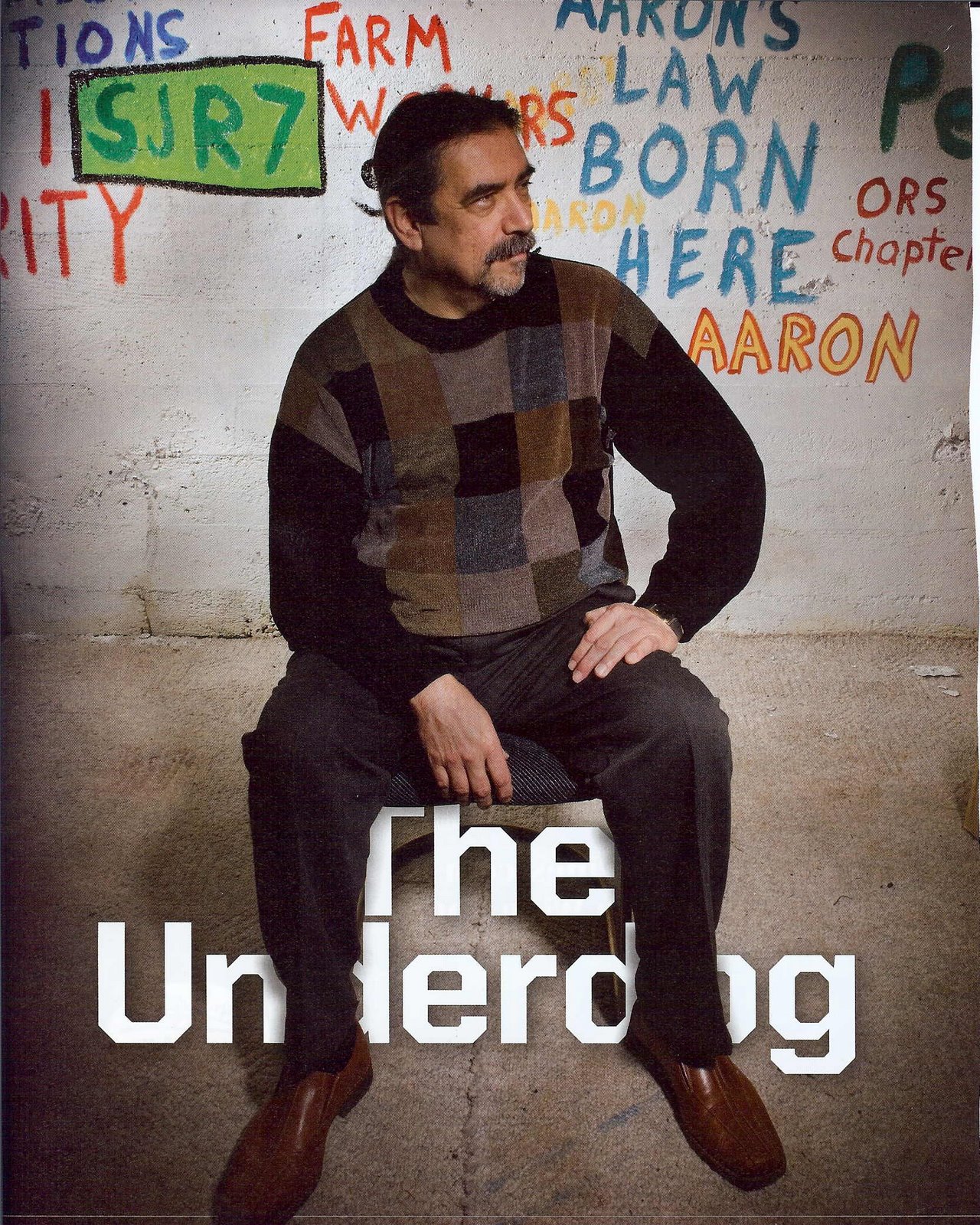Portland, Oregon-- The sponsors asked the candidates to respond to a questionnaire prior to the debate. The format would allow for two-minute responses to each question.
I put a lot of time into this questionnaire, and I’m posting the information here in the spirit of turning in my homework.
Housing
For most Americans the most (important) single asset they will ever own will be their home. Empowering more Oregonians to become responsible homeowners takes us a step closer to closing the wealth gap that exists between African American and the majority population in the state.
Current housing trends in Portland and Oregon have further disadvantaged African Americans:
1. Mortgage lending crisis and the rate of foreclosures
2. Displacement from traditional neighborhoods through gentrification
3. Lack of investment in affordable housing by state and federal agencies
Q. What specific legislation would you propose to address these issues?
A. I have two strategies to increase investment in affordable housing:
(1) House Bill 3551 last session, with its dozens of partners would have provided ongoing revenue to increase the supply of affordable housing estimated at $100 million dollars a biennium, including housing for minorities (we owe a special debt to my friend Bernie Foster on that part) and persons with special needs, but the bill couldn’t out of the House in 2007. I will take that battle up again and work hard to get that legislation through in 2009.
(2) implementing the legislation that was passed in 2003 but never put into practice, creating interest-bearing escrow accounts to fund affordable housing. That tool has never been used, only requires the agreement of the buyer and seller, but the public is unaware due to direct opposition of the title companies and the realtor’s lobby.
Escrow money only earns interest for the title companies, not for the consumers and borrowers who are actually paying the fees and making the mortgage payments.
Oregon law enacted in 2003 allows willing buyers and sellers to simply agree that escrow money pertaining to their transaction be held in an interest-bearing account that benefits an affordable housing entity that they can designate.
It is not more complicated than that, and would probably raise more money for affordable housing than HB 3551, and on a sustainable basis.
Although I am a licensed real estate broker, I would have worked hard to make every Oregonian aware of this tool, and you can bet that is why the lobby is not supporting my campaign.
The law has been in the toolkit for five years and has yet to be announced to the public.
B. On the mortgage crisis and access to credit:
The mortgage crisis has caused access to credit to shrink and damaged the credit ratings of many Oregonians at the same time. The battered credit ratings will make it even more difficult for people to work their way out of the crisis, by increasing the fees and interest rates they will have to pay when credit becomes available to them again.
I would address the issue of access to credit by sponsoring legislation based on the “second chance” resolution from the National Black Caucus of State Legislatures (NBCSL) that Senator Gordly was working on prior to the 2008 session, and I would support the mortgage reform legislation that the industry killed off in 2007 and 2008.
Resolution 06-301, is titled: MAKING CREDIT PRODUCTS AND FINANCIAL SERVICES AVAILABLE TO UNBANKED AND UNDERBANKED AFRICAN-AMERICAN AND (OTHER) FINANCIALLY UNDERSERVED CONSUMERS
Over 51% of African Americans are among these unbanked or underbanked populations, denied credit and financial products that are generally available to others.
The resolution supports the enactment of legislation encouraging financial services companies to provide mainstream banking services and credit products to allow a “second chance” to build or rebuild credit, providing consumers with a path to work their way out of the crisis. Concepts include guaranteed graduation to better credit terms and lower prices for underserved consumers who demonstrate creditworthiness.
C. On gentrification:
We have been working on the Rose City Village issue for two years, to restore 264 units of once-affordable housing in the northern half of Senate District 23 for about two years now.
Micky Ryan of the Oregon Law Center is at the center of this battle, and Nick Budnick has written of it in the Portland Tribune.
Here’s the Tribune story:
http://www.portlandtribune.com/news/story.php?story_id=116890232321502400
Guardian Management purchased Rose City Village in a sweetheart deal that removed its 264 units out of the city’s affordable housing inventory.
Guardian then dropped a neutron bomb on what was at the time a multi-cultural neighborhood unique in the city, evicting its residents wholesale, scattering families and putting several small businesses that catered to the community out of operation.
For months, the apartments stood silent, ten acres of real estate prime enough to make a hound dog sweat.
The name Rose City Village vanished, in its place “The Ellington.” Class, baby. Movin’ on up.
Guardian Management’s website describes the amenities of its Ellington properties, across the street from the golf course, etc. Here’s the link, see for yourself:
http://www.guardianmanagementllc.com/pub/properties/index.cfm?OrgGUID=GU1725&WebFlag=0&Action=Overview&Option=View&PropertyID=1838
Someday, some lucky devil will take those two-story structures down, after the slack comes out of the Portland condo market.
In their place will rise new condo/apartment complexes, four stories high, maybe double the number of units that are now on the ten acres, already zoned multifamily.
They say the Gold Rush is over....
Or, those units will again become available to people like the families that lived there before the mass eviction.
All they need is a champion in the Oregon Senate.
Someone willing to talk Truth to Power.
Subscribe to:
Post Comments (Atom)






No comments:
Post a Comment